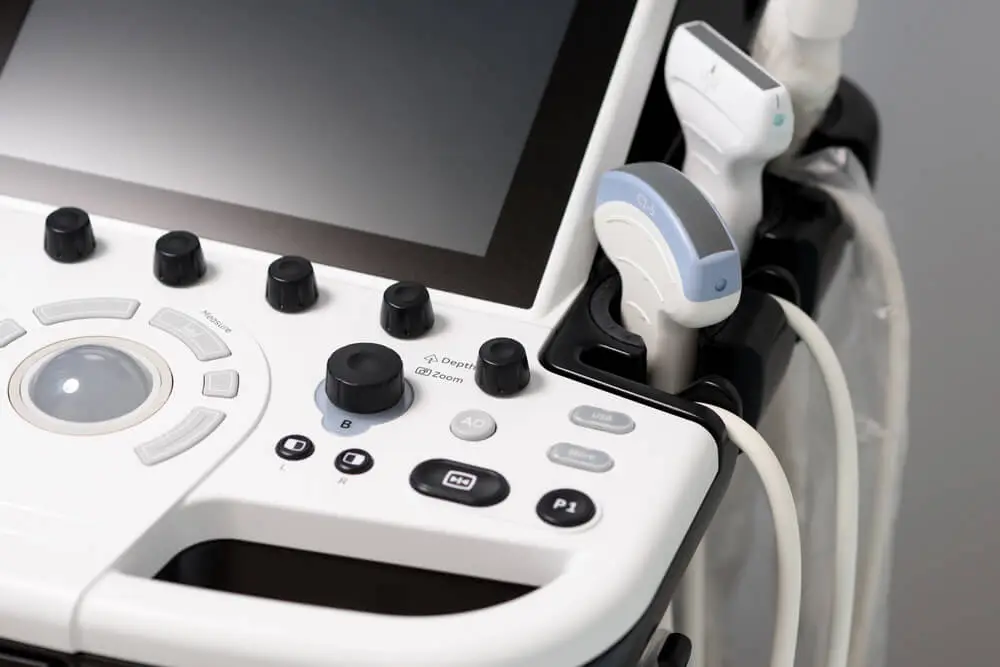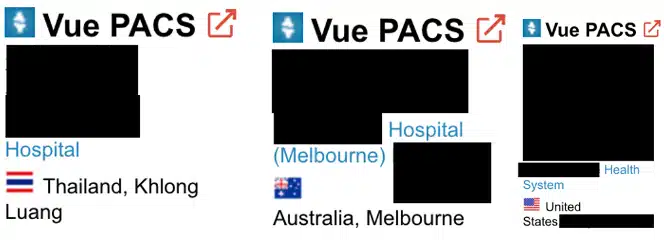Philips Confirms Healthcare-Related Vue PACS Vulnerabilities

These vulnerabilities could lead to unauthorized data access, service disruptions, and diagnostic data manipulation.
Ashish Khaitan July 23, 2024

Share on LinkedInShare on Twitter
Philips has disclosed multiple vulnerabilities within its Vue Picture Archiving and Communication System (PACS), posing risks to the healthcare sector globally. This system, utilized extensively in hospitals and diagnostic centers, plays a crucial role in managing and transmitting medical images such as X-rays, MRI scans, and CT scans, integrating seamlessly with Electronic Medical Records (EMR) and Radiology Information Systems (RIS).
On July 18, 2024, Philips issued a security advisory highlighting vulnerabilities present in versions of the Vue PACS preceding 12.2.8.410. These Vue PACS vulnerabilities, categorized as High and Critical severity, expose the system to potential cyberattacks.
These Philips vulnerabilities range from deserialization of untrusted data to out-of-bounds writes and uncontrolled resource consumption, as detailed in the advisory.
Advisory on Philips Vue PACS Vulnerabilities
The risks associated with these vulnerabilities are substantial. Exploitation could lead to unauthorized access to sensitive patient data, disruption of medical services, and even manipulation of diagnostic information. Such outcomes not only jeopardize patient privacy but also undermine the trust and operational integrity of healthcare institutions.

Screenshot showing VUE PACs usage in healthcare facilities ()
To mitigate these risks, Philips has recommended immediate actions for healthcare facilities using affected versions of Vue PACS. This includes upgrading to the latest secure versions, such as 12.2.8.410 released in October 2023, and implementing specific configuration guidelines outlined in their security advisories.
A concerning finding from Cyble Research and Intelligence Labs (CRIL) reveals that a significant number of Philips Vue PACS systems are accessible via the Internet. This exposure increases the vulnerability of these systems to remote exploitation. Countries such as Brazil and the United States are particularly affected, hosting a notable portion of these internet-exposed systems.
Protecting Healthcare Systems: A Call to Action
The Philips Vue PACS vulnerabilities highlight the critical need for robust cybersecurity measures within the healthcare sector. Regular software updates, implementation of network segmentation strategies, and adoption of incident response plans are crucial steps in safeguarding patient data and maintaining operational continuity.
Healthcare providers should prioritize implementing robust cybersecurity measures to address vulnerabilities in Philips Vue PACS. Key recommendations include ensuring timely patch management by applying software updates and security patches promptly.
Enhancing network security through segmentation and access controls is crucial to minimize the exposure of critical assets. Developing comprehensive incident response plans to detect, respond to, and recover from cybersecurity incidents is essential. Regular audits, including vulnerability assessments and penetration testing, help identify and mitigate security gaps proactively.
These proactive steps are vital to mitigate risks, maintain patient trust, and uphold the integrity of healthcare services amidst cybersecurity threats.





